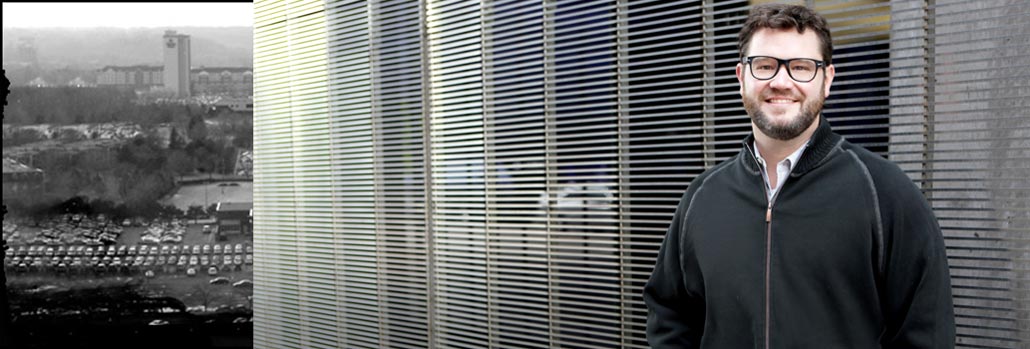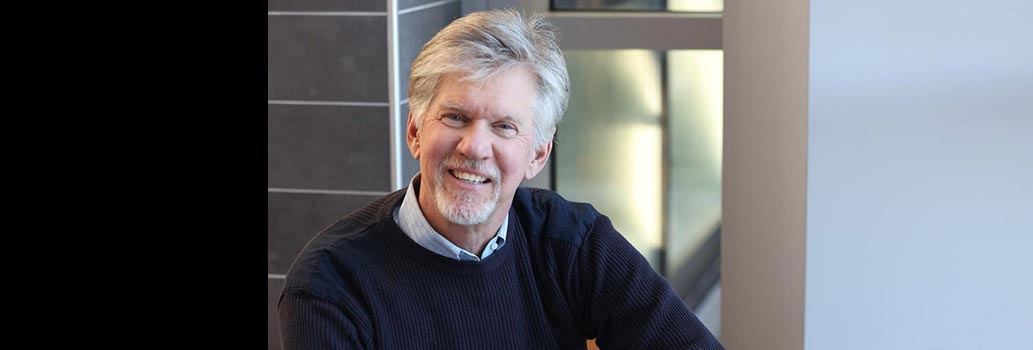New MN DWI Testing Refusal Rules
Home – Practice Areas – Blogs - Testing Refusal
Minnesota Supreme Courts New Rules on DWI Testing Refusal
The U.S. Supreme Court changed the face of DWI Refusal law as applied to Minnesota drivers, ruling in its 2016 decision Birchfield v. North Dakota that refusal of a blood test could be charged as a crime only if law enforcement obtains a search warrant or the state can establish that a valid exception to the warrant requirement applied.
After Birchfield, the Minnesota Supreme Court ruled that a driver’s refusal to take a blood or a urine test subsequent to a DWI arrest cannot be a crime unless police have a valid search warrant or upon a showing that a valid exception to the warrant requirement applies.
In 2018, the Minnesota Supreme Court found in Johnson v. State, that the ‘Birchfield Rule’ was a new substantive rule of constitutional law and therefore could be applied retroactively. The court also held that a prior guilty plea to a DWI/Test Refusal offense involving a blood or urine test was not a bar to bringing a post-conviction Fourth Amendment challenge.
On October 2, 2019, in Fagin v. Minnesota, the Minnesota Supreme Court clarified which facts a defendant must establish when filing post-conviction petitions asserting the invalidity of a DWI test refusal conviction. Prior to Fagin, the Supreme Court had not decided which party bears the burden to demonstrate the applicability of an exception to the warrant requirement in a post-conviction proceeding.
The Court, in an opinion written by Justice David Lillehaug, first held that the defendant/petitioner bears the burden to allege and prove (1) that there was no warrant; and (2) no applicable exception to the warrant requirement applied.
Next, the Court established a ‘heightened pleading’ standard for so-called Birchfield/Johnson post-conviction proceedings. Under this standard, the defendant/petitioner must (1) affirmatively allege that no search warrant was issued; (2) that no warrant exception was applicable. The obligation to plead then shifts to the state under Minn. Stat. § 590.03, which requires the state to respond by answer or motion. If the state disputes defendant/petitioner’s allegations, the state must plead specifically the existence of the warrant or exception relied on and the grounds therefore in sufficient detail to give the defendant/petitioner adequate notice of the state’s position.
“The rule we announce today gives both the petitioner and the State sufficient information for motion practice or an evidentiary hearing under [Minn. Stat.] section 590.04, and reduces the likelihood of evidentiary hearing by ambush,” Lillehaug wrote. This rule is limited to the context of Birchfield/Johnson proceedings and does not alter the general pleading requirements in standard post conviction cases, the court held.
If you find yourself facing criminal charges involving DWI/DUI/OWI or Test Refusal issues, you need a criminal defense attorney with deep legal knowledge and a willingness to fight on your behalf in any court. At Halberg Criminal Defense, our team approach puts the firm’s collective knowledge and experience in your court. Our attorneys are available 24-7 — Call us at 612-DEFENSE (612-333-3673).
















